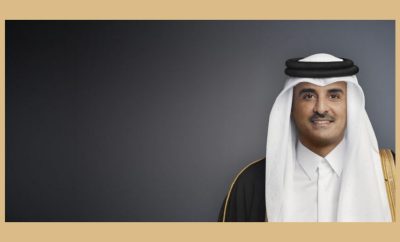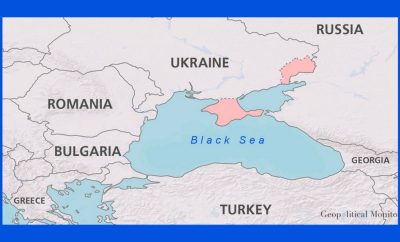
The Next Global Order Will Challenge Western Values
Instead of trying to make the world in its image, a post-hegemonic West should fortify a model the rest of the world wants to emulate
The dual confrontation of the U.S. with China and Russia we are witnessing today was born in the post-Cold War “unilateral moment” from the 1990s through the early 2010s when America’s global sway was at its peak. The apparent triumph of the sole superpower in those heady decades concealed the seeds of its own demotion.
Paradoxically, it is the economic and technological convergence fostered by American-led globalization that has empowered the divergence from an American-led geopolitical order. Those nations that benefited most from the open capital flows, free trade, technology transfer and integrated markets of that era, such as China, are now asserting their newfound place in the world grounded in their own civilizational foundations instead of “becoming like us.” Humiliated by its displacement as a world-class player, Russia sees this erosion of the West’s grip on global order as an opportunity to reassert itself in the neighborhood it once dominated. In short, the world is returning from a good run for Western hegemony to the plural centers of power that have characterized most of history.
This turn of the times appears as inexorable as it is unwelcome for Western values. Despite being soiled by the well-known crimes of imperialism and follies of liberal interventionism, the “Occidentalizing” mission of the era now passing also imparted to the world attractive ideals of broad appeal — the rights of the individual, self-determination, consent of the governed, checks and balances on political power, cultural tolerance and free expression. If these values are not aligned with the power to promote and defend them, their fate as the global standard will be sealed by those with the power to oppose and defeat them.
Συνέχεια εδώ
Πηγή: noemamag.com




